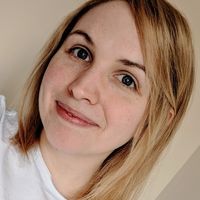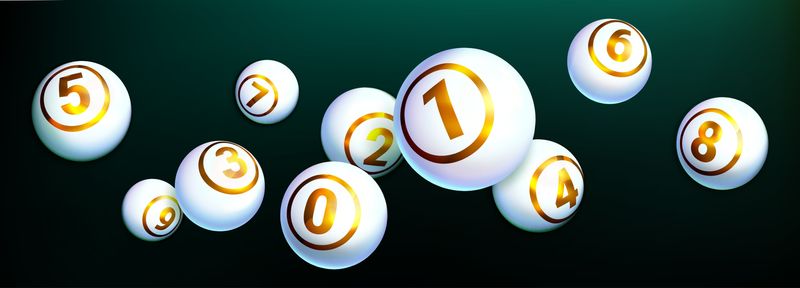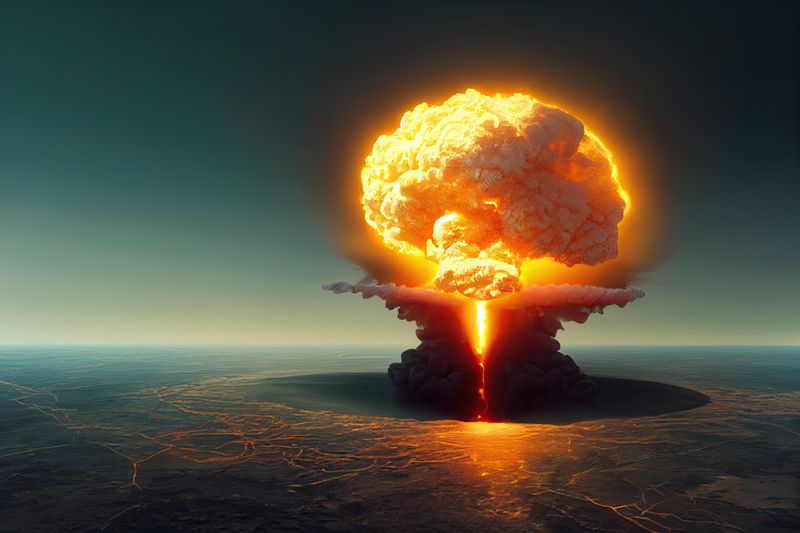On September 10, 2009, the Bulgarian national lottery announced that week’s winning numbers to be 4, 15, 23, 24, 35, and 42. A perfectly unremarkable set of figures, you might think – unless that is, you happened to have seen the draw just four days earlier, in which the exact same combination had been drawn.
“So much for this being a game of chance!” you might have thought – and you wouldn’t have been alone. People demanded an investigation; a government inquiry was established to rule out fraud or manipulation – but no wrongdoing was ever found.
And that… makes perfect sense, actually. Freak coincidences, it turns out, are more likely than you might think.
The Strange Case of the Shared Birthdays
The idea of a one-in-fourteen-million-result turning up twice in the span of four days can be a bit, well, mind-boggling – so let’s start with a simpler example. How large does a group of people need to be before there’s a better-than-even chance that two of them share a birthday?
The answer, you might be surprised to learn, is just 23.
You may have heard this problem before – it’s a pretty famous one. It’s known as the “birthday paradox”, though there’s nothing really paradoxical about it at all – it’s just unexpected that the result should be such a low number.
Mathematically, though, it’s watertight – even if it doesn’t seem like it at first glance. “Perhaps you reasoned as follows: There's only a one-in-365 chance that any particular other person will have the same birthday as me. So there's a 364/365 chance that any particular person will have a different birthday from me,” explained statistician David Hand, Emeritus Professor of Mathematics and Senior Research Investigator at Imperial College, London, in his 2014 book The Improbabilty Principle: Why Coincidences, Miracles, and Rare Events Happen Every Day.
“If there are n people in the room, with each of the other n − 1 having a probability of 364/365 of having a different birthday from me, then the probability that all n − 1 have a different birthday from me is 364/365 × 364/365 × 364/365 × 364/365 … × 364/365, with 364/365 multiplied together n − 1 times,” he continued. “If n is 23, this is 0.94.”
Now, a 0.94 chance of nobody sharing your birthday is equivalent to a 0.06 chance of somebody sharing your birthday – and that, Hand admits, is “very small”. But here’s the thing: “that probability – the probability that someone has the same birthday as you – is not what the question asked.”
See, by starting with yourself, you’re only considering a small fraction of the possible pairs in the group. Yes, it’s true that any single person has a 364/365 chance of having a birthday different from yours – but introduce a second acquaintance, and the picture already becomes more nuanced than your gut is insisting it should be.
“The probability that [the first] two are different and that a third doesn't share the same birthday as either of them is 364/365 × 363/365,” Hand explained. “Likewise, the probability that those three have different birthdays and that [a] fourth does not share the same birthday as any of those first three is 364/365 × 363/365 × 362/365.”
Scale that calculation up to 23 people, and you get a probability that no two people share the same birthday as 0.49 – making the probability that at least one pair does 0.51, or slightly more than one-half.
Twice In A Lifetime
So, now we’ve got a taste of where these lower-than-expected odds are coming from, how do we explain the identical lotto draws?
First, let’s go over the setup: the Bulgarian lottery was a random selection of six numbers out of a pool of 49. Lottery officials at the time said that tampering with the machines was impossible; the draws "take place in the presence of a special committee and is broadcast live on national television which guarantee no cheating,” they told Reuters at the time.
That makes any given set of six numbers a one in 13,983,816 occurrence: the result of a combinatorial calculation expressed as

and pronounced “49 choose 6”.
So yes, given the September 6 selection – remember: 4, 15, 23, 24, 35, and 42 – the chances of that exact combination occurring again would be, to put it mildly, extremely unlikely. But just as with the birthday paradox, that’s not the question we ought to be asking.
“The chance that any particular two draws will match is one in 13,983,816,” Hand agreed. “But what about the chance that some two draws among three draws will match? Or the chance that some two draws among 50 draws will match?”
After all, he explained, in any three lottery draws, there are three potential ways for two of them to match. In any four draws, there are six possible pairs; in five draws, there are ten. By the time you get to 50 draws, there are 1,225 possible pairs – and with 1,000 draws, there are 499,500 possible ways for two sets of numbers to match.
That brings up the odds dramatically. By the time you’ve done 4,404 draws, it’s actually more likely than not that two draws will match exactly – and as Hand points out, “if two draws occur each week, making 104 in a year, this number of draws will take less than 43 years.”
Put like that, it’s not so surprising that it happened once 15 years ago – or, indeed, that it’s happened on other occasions, too. “When we take into account the number of lotteries around the world, we see that it would be amazing if draws did not occasionally repeat,” Hand noted.
Of course, four days is a far cry from 43 years – but it’s clear that the duplication was never quite as outlandish as it first appeared. In fact, if anything, it was a particularly unlucky event, in the end: “Nobody won the top prize in the first draw,” the BBC reported at the time.
“But a record 18 people guessed all six numbers in the 10 September draw.”





